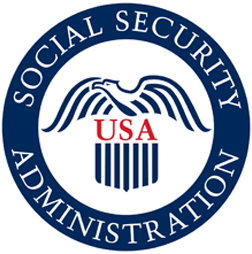Social Security
The Ticket to Work Program (Ticket Program) is administered by the Social Security's Office of Research, Demonstration and Employment Support (ORDES). ORDES was formed in December 2013 based on a merger of the Offices of Employment Support Programs (OESP) and Program Development and Research (OPDR). ORDES is responsible for planning and directing the Social Security programs that evaluate beneficiary needs in the areas of rehabilitation and employment support. It provides operational advice, technical support and direction to central, regional and field office components in the administration of employment support programs and policies, overseeing all the programs that assist Social Security disability beneficiaries in going to work, including the Ticket Program. ORDES is responsible for creating and implementing all return to work policies and procedures and drafting policies that Social Security field office personnel implement. ORDES provides support and assistance in educating the public about Social Security work incentives and other forms of employment support.
ORDES awards and oversees grants and contracts given to external organizations to help administer and oversee return to work initiatives for Social Security disability beneficiaries, including but not limited to: the Ticket Program Manager (TPM), the Work Incentives Planning and Assistance (WIPA) projects, and the Protection and Advocacy for Beneficiaries of Social Security (PABSS) grants.
The Ticket Program legislation authorized Social Security to contract with one or more program managers to assist in implementing, administering and monitoring the Ticket Program.
The TPM is responsible for managing all day-to-day functions of the program as laid out by the Social Security Administration. This includes:
- Beneficiary outreach;
- Maintaining the beneficiary call center;
- Recruiting Employment Networks (EN);
- Administering the processes for developing and approving individualized service plans;
- Coordinating State Vocational Rehabilitation (VR) agency participation in the program; and
- Training ENs and State Vocational Rehabilitation agencies.

